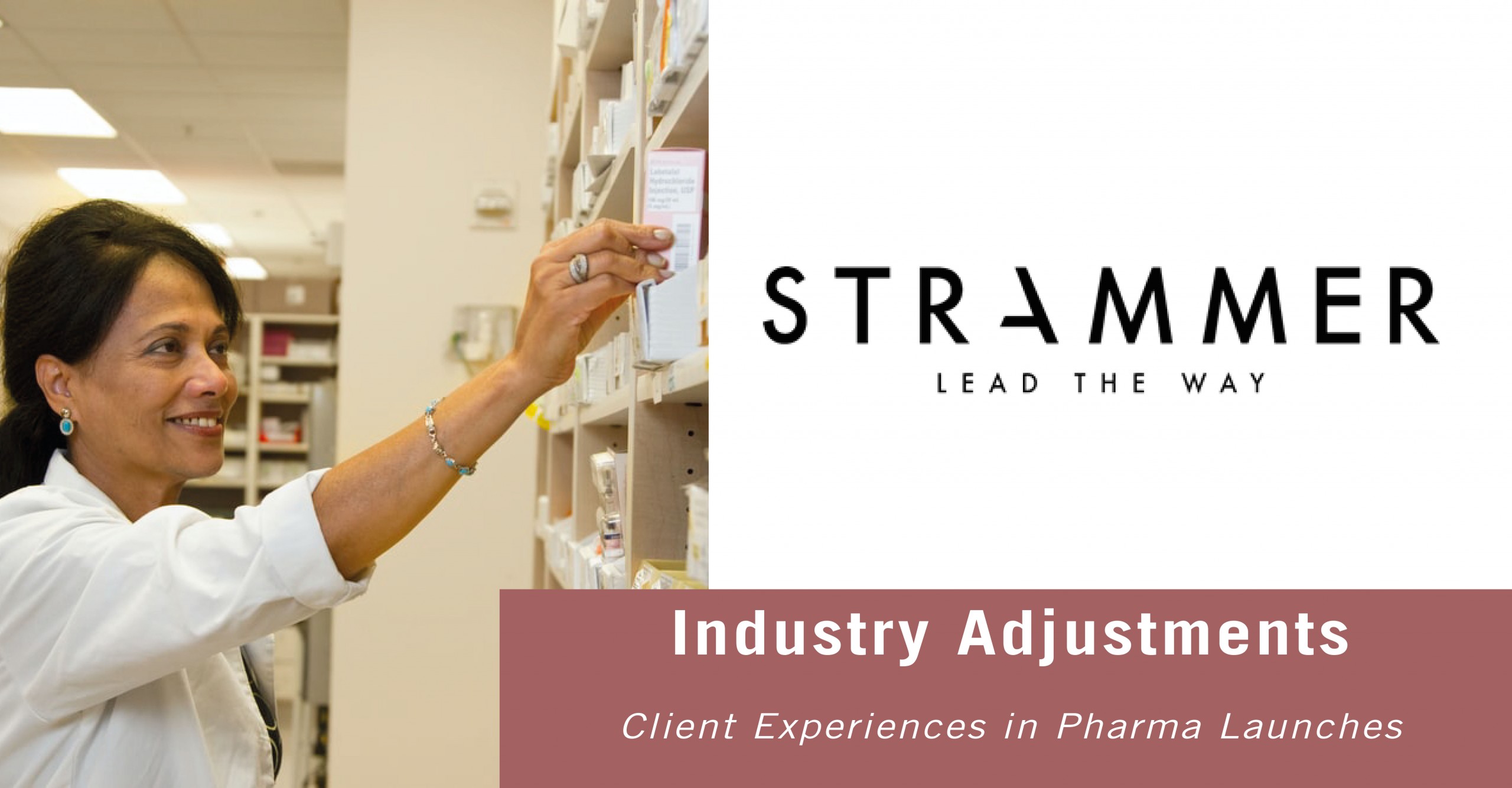Client experiences in Pharmaceutical Launches
Traditionally, pharmaceutical launches of new drugs focus on clinical efficacy, drug safety, superiority to its alternatives, and ease of use. Usually, customer satisfaction problems are addressed and resolved after the launch of a new product. However, concentrating too closely on clinical benefits frequently makes businesses overlook the importance of customer experiences during pharma launches.
Across different industries, attention to customer experience is increasing to boost client trust and satisfaction. Doing this has a direct positive impact on company performance and growth. In the Pharma industry, employees play a vital role in the customer journey, whether the customers are patients, healthcare professionals, or communities. The goal for laboratories is to « optimize the customer experience » from drug development to customer acquisition and use of the drug. Optimization of the customer experience means prioritizing the clients’ psychological and clinical essential needs. Firms can increase satisfaction, improve adherence and loyalty, and finally boost their revenues by addressing pain points along patient and prescriber journeys. An increase in customer satisfaction significantly improves revenue and enhances the company’s global image and overall performance.
As priorities concerning new product development change, earlier laboratory strategies for launches are becoming obsolete. Therefore, conventional practices of pharmaceutical launches should incorporate the use of multi-purpose versatile initiatives. Using a sales model where « one size fits all » will no longer be sufficient. Moreover, as competition intensifies in the pharma market, especially in oncology and immunology, optimizing the customer experience is extremely important.
Pharma laboratories attempt to boost inclusion by building relationships and introducing research topics or platforms instead of optimizing user experience. This strategy often wastes time and resources as sales representatives, researchers, or interviewers dedicate long hours for little payoff. It should also be noted that this strategy does not create a lasting impression or gain a comprehensive frame of information.
The Pharma industry should segment targets based on client profiles and examine behaviours, demands, etc., with appropriate KPIs. This data can be stored, updated, and used for future launches or research. This high-quality intel allows the pharmaceutical industry to have a holistic understanding of market needs. Measuring customer satisfaction with the Net Promoter Score (NPS) will improve each company’s’ understanding of the likelihood that customers will recommend the company to their peers.
For Pharma companies achieving best practices requires not merely introducing products to market but also addressing customer needs to survive the clinical world’s cut-throat environment. They must adopt a progressive plan of action applied by other industries or sectors and ultimately put consumer satisfaction as THE cornerstone of their Client Experience Strategy in Pharma launches. Overall, there is a significant shift in sales models’ priorities in the industry, in which laboratories need to adjust by focusing on customer experience to increase customer satisfaction and, finally performance.
References:





